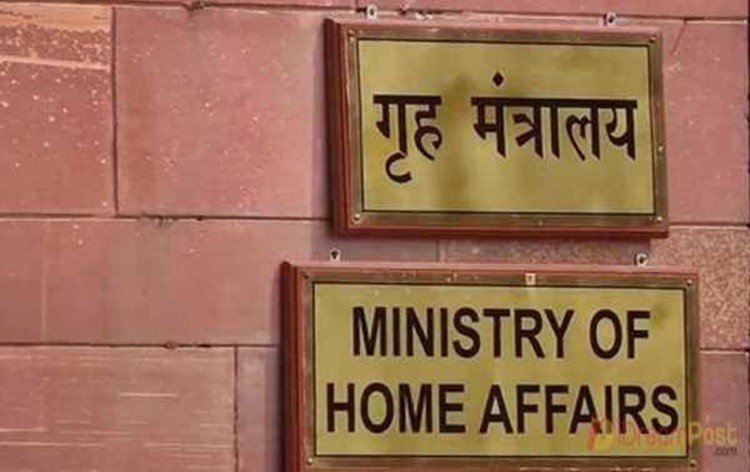The pro-talks faction of the ULFA, led by its ‘chairman’ Arabinda Rajkhowa, on Friday held peace talks with the Centre’s representatives in an effort to find an amicable solution to the decades-old insurgency problem in Assam, sources said.
A delegation of the United Liberation Front of Asom (ULFA), comprising Rajkhowa, ‘general secretary’ Anup Chetia, leaders Raju Baruah and Sasha Choudhury, held the dialogue with senior officers of the Union home ministry and the Intelligence Bureau.
The talks were held for two consecutive days on Thursday and Friday where all the demands of ULFA were discussed threadbare, sources said.
The negotiations were on the 12-point charter of demands which the group had submitted to the Centre’s interlocutors long ago.
Key issues arising on political safeguard to the indigenous people and control on economic resources of Assam were discussed at the talks, the sources said.
The Rajkhowa-led ULFA faction had begun unconditional talks with the central government in 2011, despite strong opposition from hardline wing led by Paresh Baruah, who is believed to be along the China-Myanmar border.
Among other issues, ULFA’s charter of demands include recognition of six communities in Assam — Moran, Muttock, Tai-Ahom, Koch-Rajbongshi, Sootea and Tea Tribes as Scheduled Tribes (ST).
“All these communities are now OBC and as such there is no opposition from any quarter to their inclusion in the ST list. But the government will have to take approval of the Parliament through a Constitution amendment bill,” a source said.
The home ministry is believed to be in touch with the National Commission of Scheduled Tribes and the Tribal Affairs Ministry on the issue.
If the tribal status is granted to these six communities, it will lead to 50 per cent population of Assam becoming tribal or Assam turning into a tribal-dominated state.
The fear of indigenous communities that the illegal immigrants from Bangladesh would soon usurp the political power would diminish if assembly seats are reserved for STs accordingly.
However, the recent delimitation exercise carried out by the Election Commission is said to have protected the interests of the indigenous communities to a great extent, the sources said.
Now, it is to be seen whether the central government will accept this key demand of recognition of the six OBC communities as STs after the delimitation of the assembly and Lok Sabha constituencies in Assam.
The ULFA was formed in 1979 with the demand for a ‘sovereign Assam’.
Since then, the group has been involved in subversive activities that led to its ban by the central government in 1990.
The Rajkhowa faction joined peace talks with the government on September 3, 2011 after an agreement for Suspension of Operations was signed among the ULFA, central and state governments.


